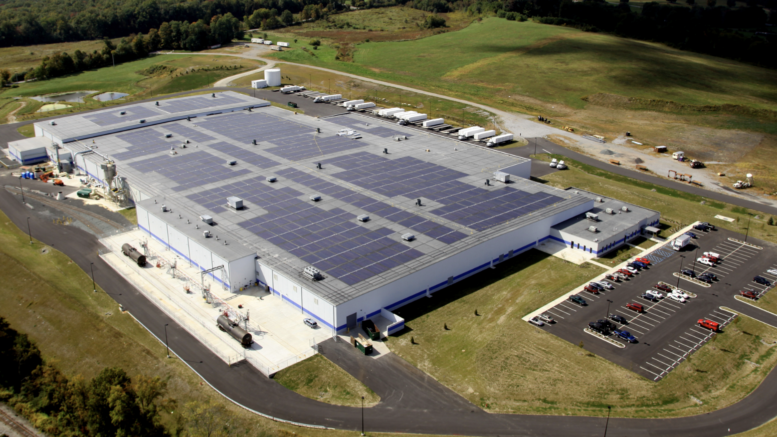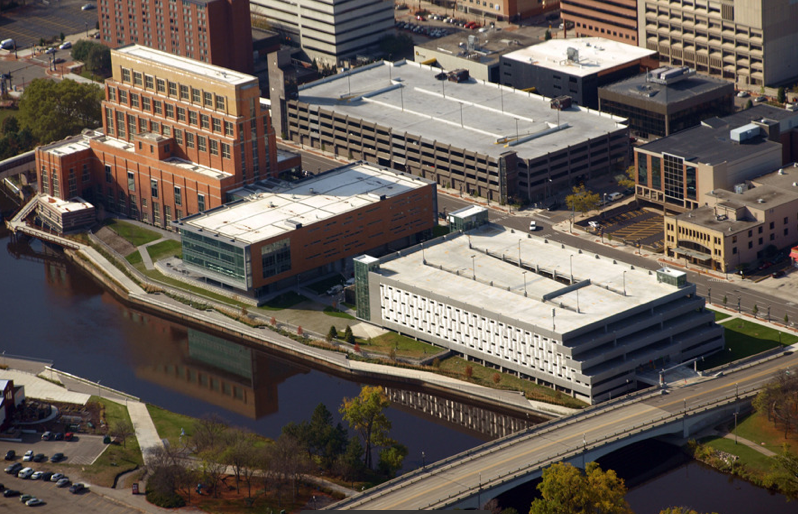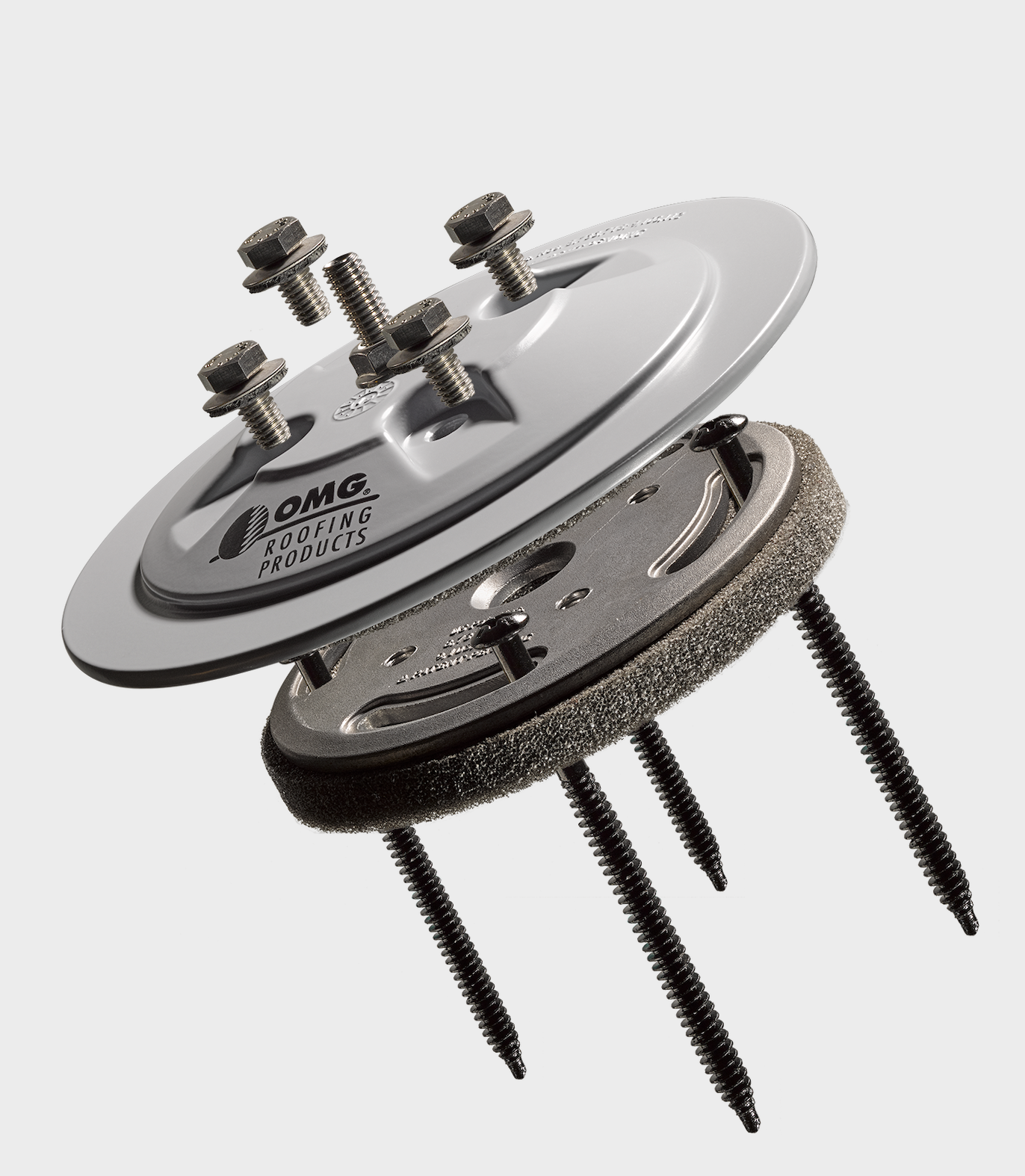Dangerous heat and record-setting demand are pushing urban grids to the limit this summer. Like our most recent past summers, 2023 is on track to provide uncomfortable and even downright dangerous evidence that we need to conserve current energy supplies. Equally as important, we need to exploit new sources of energy if we are going to maintain a good quality of life.
On the positive side, recent expansion of federal funding has jump-started widespread efforts to support energy-efficient new construction and upgrade existing buildings. The Inflation Reduction Act (IRA) and the Infrastructure Investment and Jobs Act (IIJA) are both pumping billions of dollars into the economy, much of it to fuel the development and construction of clean energy projects.
At the same time, and sharing many of the same goals, the 2021 IECC (International Energy Conservation Code) is serving as the go-to guide for state and local governments to update their codes, addressing cost, energy consumption, use of natural resources and the impact of energy usage on the environment. Western states are at the forefront of this effort to incorporate stringent energy code requirements into the built environment, with California leading the way. States like Georgia, South Carolina, North Carolina, Virginia, and Alabama have adopted only the 2015 International Energy Conservation Code, but despite the differences in regulation from state-to-state, many of these codes are very similar.
It’s clearly important for anyone involved in repairing or creating new roofing systems to stay current on these evolving code requirements. In fact, a close examination of these updated codes, as tedious as it might be, can yield some surprises, not only in terms of what is required, but also what is allowed.
A Look Back at Building Codes
But first — stay with me on this — a brief history of building codes. The International Building Code, or IBC, is actually a relatively new arrival to the construction world. Prior to 2000, building codes in the United States were developed by three regional bodies and then implemented in a somewhat piecemeal fashion throughout the country. Ultimately, spurred by increased globalization and the need to mesh with building codes in other countries, the construction industry in the United States pushed for unified, national building codes that could be modified as needed by state and local governments. Essentially, the industry moved to a “top-down” approach to building codes, rather than trying to unify grass-roots efforts once they have been adopted.
The first iteration of the International Building Code was published in 2003. It has been revised every three years since its inception, and has also spawned an entire suite of related sub-codes, including the IECC, or International Energy Conservation Code. Despite the fact that the word “international” is prominent in the name of the code, the IECC is predominantly staffed by Americans, and inspired by prior American codes. But since several other countries, primarily in the Caribbean and Latin America, rely on codes developed in the United States, the name of the organization reflects its international impact.
The IECC, now preparing for its 2024 revision, has broadened its focus beyond the original mandate of ensuring safe and resilient structures. It now incorporates strategies to “support increased energy efficiency and reduced greenhouse gasses,” strategies that, of course, include the utilization of solar installations. Here we come to the content of the IECC which might be easy to miss but essentially broadens the choice for roofing membrane color. To provide specifics, Table C402.3 of the IECC refers to “Low-sloped roofs directly above cool conditioned spaces in Climate Zones 1,2 and 3.” The code states that these structures are exempt from installing reflective membranes if 75% or more of the supporting roof is covered by photovoltaic systems or components, as well as other structural items such a skylights, roof gardens, or above-roof decks or walkways. In other words, this exemption allows a broad choice in building membranes for anyone planning a solar installation on a new or existing roof, even in many locales where reflective roofs are otherwise mandated.
The architect, specifier or building owner — whoever is choosing the membrane — is not now restricted by the reflectivity of the membrane but has a wider spectrum to choose from. And often, the needs presented by the solar installation will point towards the qualities found in a dark membrane.
Low-Slope Roofing and Solar
As noted in this magazine last summer (“Getting Serious About Solar” by Ellen Breipohl Thorp, July/August, 2022), there are certain basic questions that need to be answered before any construction of a solar installation should proceed. For instance, “Will the service life of your photovoltaic system be similar to the existing or intended roofing membrane?” Solar panels can last up to three decades. A membrane that wears out before the solar panels are ready to be replaced can create an expensive and logistical challenge. Another key question is, “Can the supporting membrane withstand, and not be discolored by, the heavy foot traffic needed to maintain the proposed panels?”
There are other advantages to using a dark membrane that might be less readily apparent. Solar panels can be impacted by the heat reflected upward from a roofing membrane. It’s important to carefully assess whether the proposed roofing membrane can withstand the heat generated by the PV system, and — conversely — how the solar panel will be impacted by heat reflected upward by the membrane. While the roof itself might be kept cool by a reflective membrane, this reflective surface can add up to nine degrees onto the solar panel. Excessive heat of this type can impact the efficiency of the solar system, reducing the amount of energy it collects.
So — reflective or dark membrane to support a solar system? Given the latitude provided by the IECC, the choice is left with those who have greatest vested interest in the success of the project: the architect, specifier and building owner, who have the most to gain by making an informed, sustainable choice.
About the author: Louisa Hart is the director of communications for the Washington-based EPDM Roofing Association (ERA). For more information, visit epdmroofs.org.





Be the first to comment on "More Roofing Choices to Support Solar Power: Dark Membranes Can Be Used Throughout the Country"